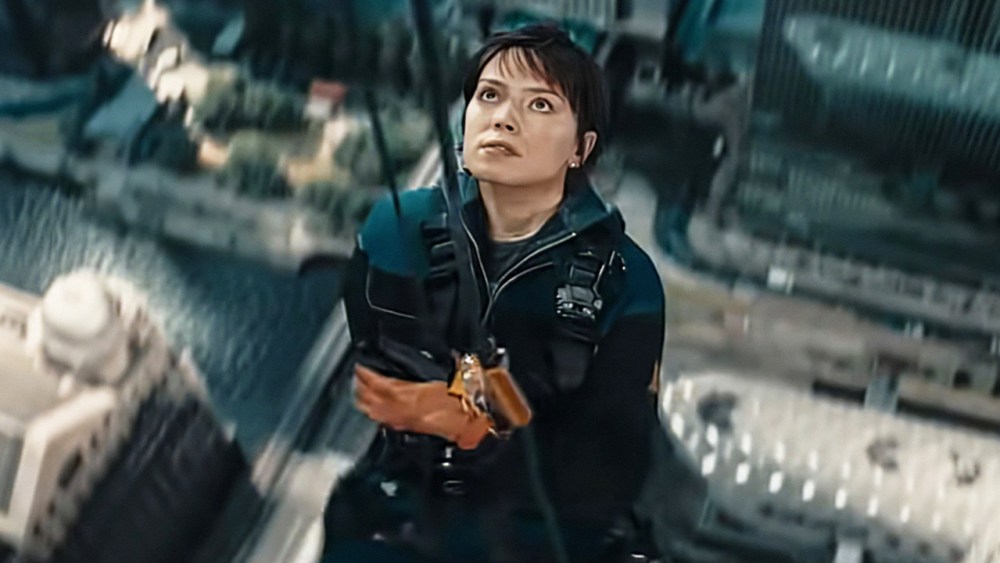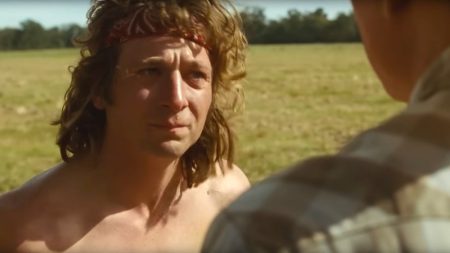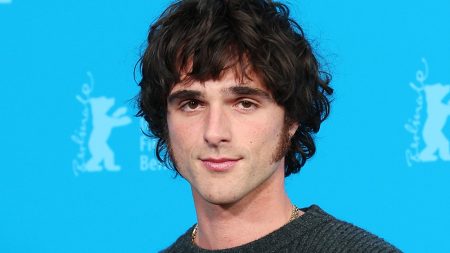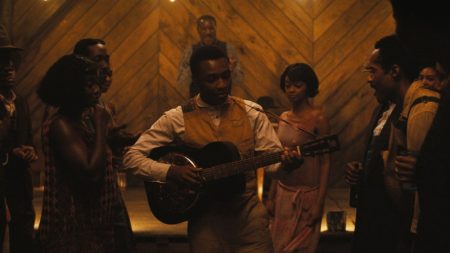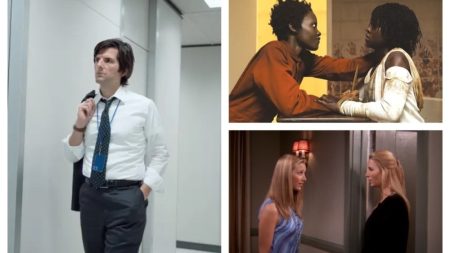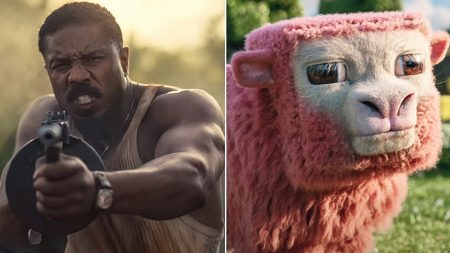Martin Campbell is a household name in the action movie genre, thanks to his work on two pivotal James Bond films, GoldenEye and Casino Royale. However, his contributions to cinema extend far beyond the Bond franchise. Over a career spanning more than five decades, Campbell has directed a wide range of films, from The Mask of Zorro to Edge of Darkness and Memory. His versatility and unflashy expertise have made him a dependable and respected figure in the industry. With his latest film, Cleaner, Campbell once again showcases his mastery of the thriller genre, blending high-stakes action with compelling character work.
In Cleaner, Daisy Ridley stars as a former soldier turned window washer who must confront a radical eco-terrorist group that has taken over the corporate headquarters of an energy company. Ridley’s character is particularly driven by the fact that her disabled brother is among the hostages. While Campbell acknowledges the inevitable comparisons to Die Hard, he emphasizes that Cleaner stands on its own with its unique blend of suspense, eco-terrorism themes, and a deeply personal story. Ridley performed most of her own stunts, adding to the film’s visceral intensity. Campbell’s ability to balance action with character depth shines through, as he pushes Ridley to deliver a raw, desperate portrayal of heroism under pressure. The film’s high-wire act—both literally and metaphorically—was a logistical challenge, but Campbell’s experience and ingenuity allowed him to bring this gripping story to life.
Campbell’s career is a testament to his adaptability and resilience. He has navigated the challenges of both big-budget studio films and smaller, more intimate projects. When asked about his approach to films with limited resources, Campbell highlighted the importance of creativity and planning. For Cleaner, he relied on meticulous storyboarding and practical solutions to capture the film’s high-rise setting without breaking the bank. Campbell’s philosophy is clear: constraints can often spark innovation, and a good crew can turn even the most daunting challenges into opportunities. This mindset has served him well over the years, whether he’s directing Bond films or smaller thrillers like Cleaner.
One of the hallmarks of Campbell’s directing style is his ability to elicit strong performances from his actors. In Cleaner, Daisy Ridley’s physical and emotional commitment to her role was crucial to the film’s success. Campbell praised her versatility and willingness to take on the demanding stunts, which added authenticity to the action sequences. While he acknowledges that actors are indispensable to the success of such scenes, he also believes that a skilled filmmaker can still craft compelling action even when relying on doubles. However, there’s no substitute for having the actor fully invested in the role. This approach has allowed Campbell to create some of the most memorable moments in his films, from Pierce Brosnan’s Bond to Ridley’s gritty heroine.
Campbell’s reflections on his career reveal a mix of humility and pragmatism. He often downplays his achievements, admitting that he doesn’t dwell on his past work or even keep track of his total number of films. Instead, he focuses on the present and the unique challenges each project brings. For instance, he initially turned down The Mask of Zorro three times before being persuaded by Steven Spielberg. Despite his doubts, the film turned out to be a critical and commercial success. Similarly, Casino Royale was a risky endeavor, as it introduced Daniel Craig as a new, grittier Bond. Campbell credits the film’s success to Paul Haggis’ script and Barbara Broccoli’s inspired casting choice. He believes that the alchemy of filmmaking is unpredictable, and even the best scripts and stars can’t guarantee success. Ultimately, it’s the hard work and luck that determine a film’s legacy.
Looking back on his body of work, Campbell has few regrets. While he admits to making some missteps—such as Green Lantern, which he now considers a poor fit for his style—he also celebrates his risks and unconventional choices. One of his proudest achievements is Memory, a film that deserved more appreciation than it received. For Campbell, the key to a good film lies in its ability to captivate and move audiences, regardless of its budget or scale. His philosophy is simple: tell a compelling story, push your actors to give their best, and never stop striving for excellence. As he continues to take on new challenges, Martin Campbell remains a powerhouse in the world of action cinema, proving that even after decades in the industry, he still has plenty to offer.
In the end, Martin Campbell’s legacy is defined by his versatility, resilience, and unwavering commitment to storytelling. From the iconic moments of GoldenEye to the high-stakes thrills of Cleaner, his films are a testament to his skill and adaptability. Whether working with major stars or lesser-known actors, Campbell consistently brings out the best in his cast and crew. His ability to navigate the ever-changing landscape of Hollywood while staying true to his artistic vision is a rare gift. As he looks to the future, there’s no doubt that Campbell will continue to captivate audiences with his unique brand of thrills and drama.


